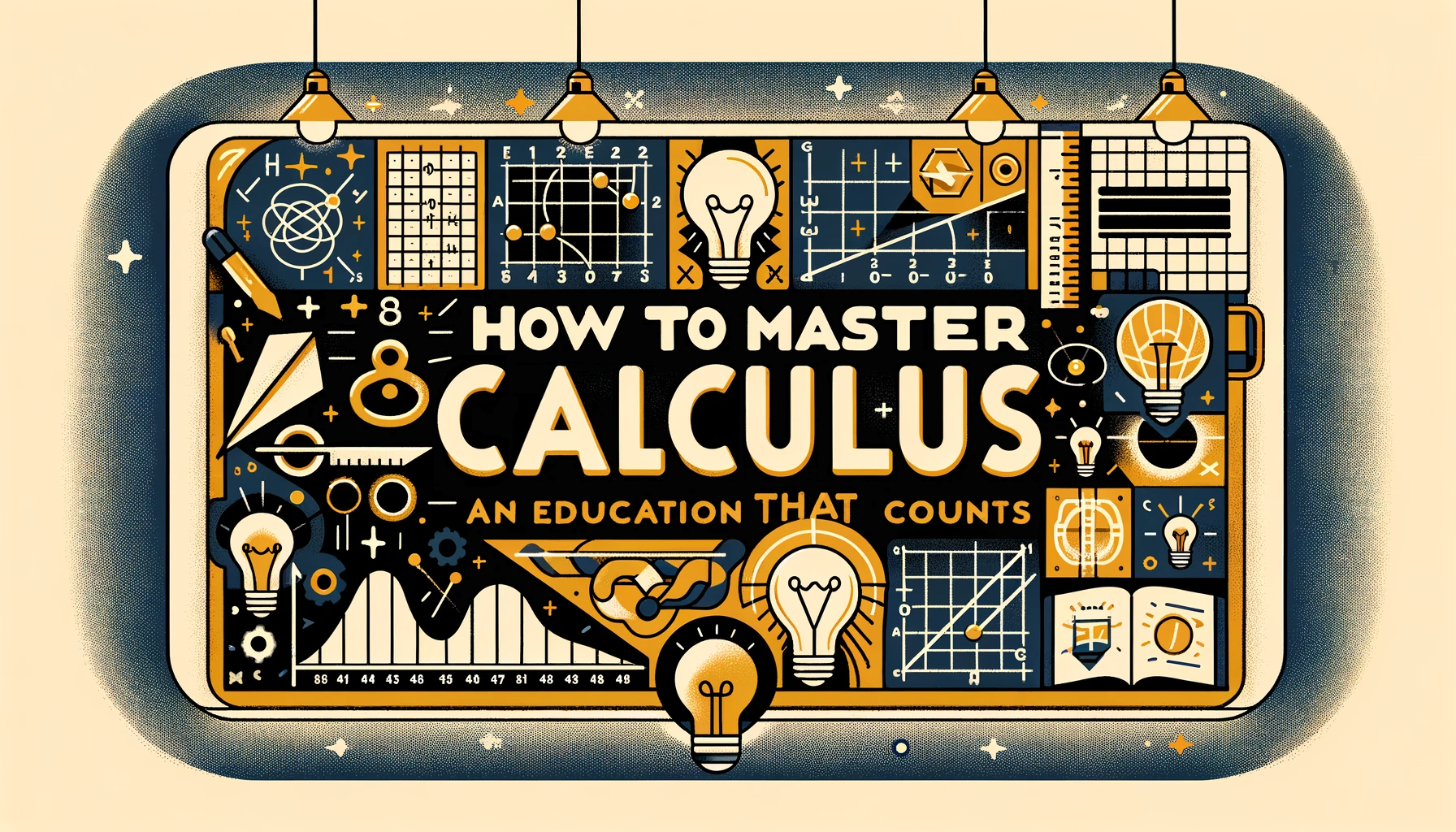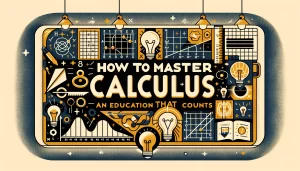Introduction: Understanding the Impact of Peer Dynamics in Calculus Learning
In the challenging world of calculus, academic pressure is often compounded by an aspect not always addressed in textbooks: peer pressure and competition. Parents like Michelle and Tom see their son, Ethan, not only grappling with the complexities of derivatives and integrals but also feeling overshadowed by his peers’ achievements. This added layer of social comparison can significantly impact a student’s confidence and attitude towards calculus. It’s a struggle that goes beyond understanding mathematical concepts; it’s about navigating the emotional landscape of high school, where academic performance can feel like a measure of self-worth.
The Role of Peer Pressure in Academic Performance
Peer pressure in academic settings can manifest in various ways. For some students, it’s the constant comparison with classmates who seem to grasp concepts more quickly. For others, like Ethan, it’s the pressure to match the high achievements of friends or older siblings. This pressure can create an environment where calculus is associated with stress and anxiety rather than a subject of intellectual curiosity and growth.
Competition in the Classroom
Competition, while healthy in moderation, can become detrimental when it overshadows collaborative learning and personal progress. In calculus classes, where the material is already demanding, competition can intensify the pressure. Students may feel discouraged if they are not at the top of the class, overlooking their own improvements and understanding.
Fostering a Growth Mindset
To combat the negative effects of peer pressure and competition, parents can foster a growth mindset in their children. This involves emphasizing effort and personal development over ranking and grades. Encouraging Ethan to focus on his own progress, and to view challenges as opportunities to learn and grow, can shift his perspective from competition to self-improvement.
Encouraging Open Communication
Open communication is key to understanding and addressing the impacts of peer pressure. By creating a safe space at home where Ethan can express his feelings about school and his peers, parents can provide the emotional support he needs. Acknowledging his feelings and providing reassurance can help mitigate the stress associated with peer comparisons.
Building Confidence Through Mastery
Building confidence in calculus goes hand in hand with mastery of the subject. Working on a solid understanding of the fundamentals can boost Ethan’s confidence in his abilities. This confidence can act as a buffer against the negative effects of peer pressure and competition.
Seeking Professional Guidance
Sometimes, seeking professional guidance can provide the support a student needs to navigate these challenges. A calculus tutor can not only help with understanding the subject but can also offer a different perspective on learning, independent of the classroom dynamics. This one-on-one attention can provide a more personalized and less competitive environment for learning.
Utilizing Resources Beyond the Classroom
Exploring resources beyond the classroom can also help. Supplemental materials, online courses, and study groups can offer different viewpoints and learning methods that might resonate more with Ethan. Diversifying his learning sources can also reduce the feeling of having to compete in a single classroom setting.
The Role of the Math Thought Program
The Math Thought Program can be an invaluable resource in this context. It not only addresses the academic aspects of calculus learning but also considers the emotional and psychological needs of students dealing with peer pressure. The program offers a supportive environment where Ethan can learn at his own pace, free from the direct pressure of classroom competition.
Conclusion: Embracing Individuality in Learning
In the journey through calculus, embracing individuality in learning is crucial. Parents can play a significant role in helping their children navigate the pressures of peer dynamics. By providing support, encouraging a growth mindset, and utilizing resources like the Math Thought Program, parents can help their child build confidence in calculus, focusing on personal achievement and understanding rather than competition.





